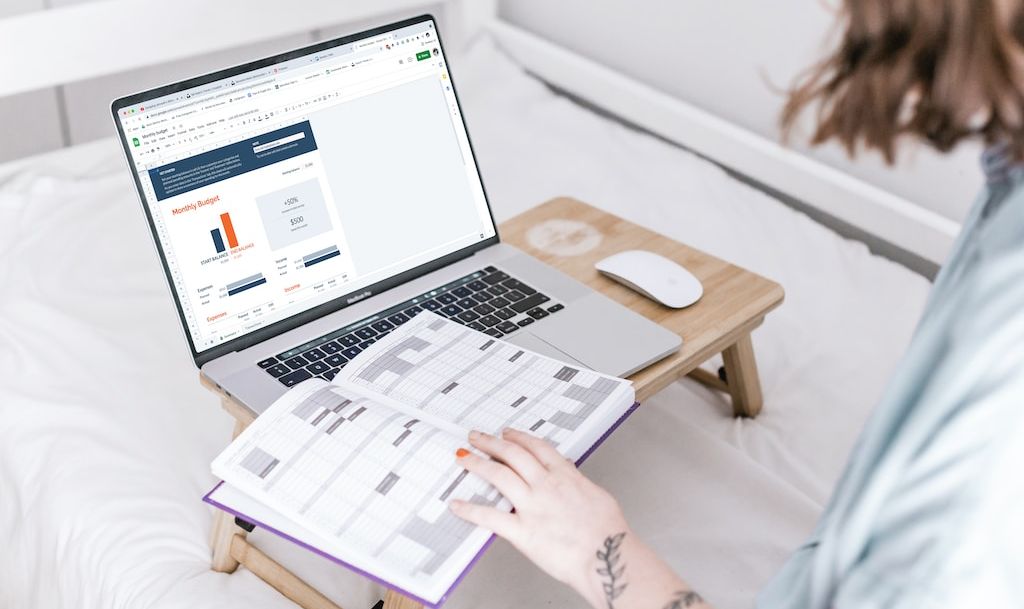
Utilizing VPNs for Medical Data Security
In the ever-evolving landscape of healthcare technology, the security of medical data has become a paramount concern. Virtual Private Networks (VPNs) have emerged as a crucial tool in safeguarding sensitive health information. This article delves into how VPNs are enhancing medical data security in various facets of healthcare operations.
Secure Data Transfer and Remote Access
One of the primary functions of a VPN is to encrypt data during internet transmission, a vital feature when dealing with sensitive medical information. In a world where remote access to health records is increasingly necessary, VPNs ensure that medical professionals can securely connect to their institutional networks from anywhere. This not only safeguards patient data during transmission but also allows healthcare providers to maintain continuity of care regardless of their location.
Protecting Against Cyber Threats and Data Integrity
Cyber threats pose a significant risk to the integrity and confidentiality of medical data. VPNs play a crucial role in mitigating these risks by providing a secure and encrypted tunnel for data transmission. This is particularly important for compliance with health information regulations like the Health Insurance Portability and Accountability Act (HIPAA), ensuring that patient data is not only secure but also handled in accordance with legal standards.
Ensuring Compliance and Controlled Access
The use of VPNs is instrumental in ensuring compliance with various data security regulations. By controlling access to sensitive information, VPNs allow healthcare institutions to define clear boundaries on who can view or modify patient data. This selective access is crucial in maintaining the confidentiality and integrity of health records, thereby upholding the trust patients place in healthcare providers.
VPNs in International Contexts and Public Networks
In the context of international medical research and consultations, VPNs offer a solution to access data across borders while respecting the data privacy laws of different countries. Moreover, for medical staff who might need to access patient data over public Wi-Fi networks, such as in hotels or cafes, VPNs are essential. They encrypt the internet connection, drastically reducing the risk of unauthorized access to sensitive medical information.
Enhanced Patient Privacy and Operational Considerations
VPNs also extend their benefits to patients, especially when they access their medical records online. By using a VPN for iPhone, patients can ensure their personal health information remains private and secure. However, it's important to note that the effectiveness of a VPN largely depends on its quality and configuration. Healthcare providers and patients alike must choose reliable VPN services and ensure they are correctly set up to fully benefit from the security features offered.
In conclusion, as the healthcare industry continues to integrate more digital solutions, the role of VPNs in ensuring the security and privacy of medical data has become increasingly significant. From protecting data during transmission to ensuring compliance with healthcare regulations, VPNs are an essential component of modern healthcare cybersecurity strategies.

Comments (0)